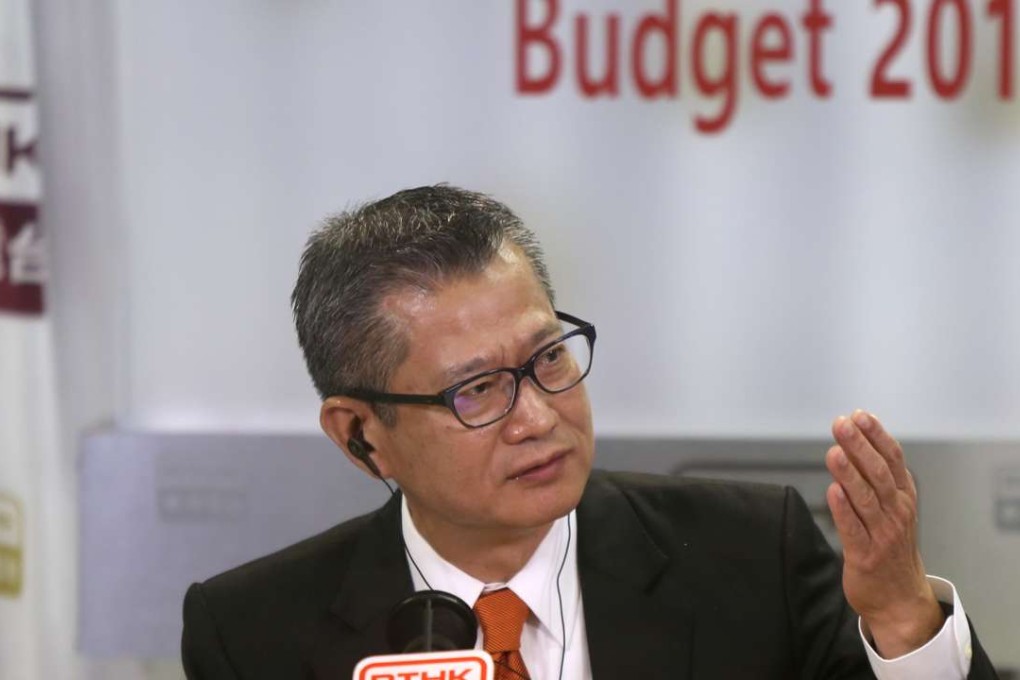A review of our tax regime is long overdue
In an ever-changing world, Financial Secretary Paul Chan is right to broach a subject that has long been seen as taboo in a city proud of its simple tax codes

Taxation is so sensitive an issue the world over that few politicians would make use of an inaugural speech to push for a revamp that may result in people paying more taxes. Financial Secretary Paul Chan Mo-po is therefore to be commended for his courage in broaching the need of a tax review in his maiden budget. We hope it will not become yet another all talk but no action agenda.
The last serious debate on broadening the city’s tax base dates back to more than a decade ago, when the government was still struggling to restore budget balance in the face of economic downturn. But the proposed solutions, including a goods and services tax and a land departure tax, were soon swept under the carpet as the economy picked up again.
Admittedly, a major tax revamp is a hard sell in any economy, even more so when the public coffers are flooded with HK$92.8 billion in surplus this year. But the truth is that our narrow tax base and heavy reliance on certain sectors has made public revenues volatile. Some 45 per cent of government revenues come from land sales and profits tax, the latter of which is dominated by the financial and real estate industries. However low and simple our tax regime is, taxation is not as healthy and sustainable as it seems.
Adding to the challenge is the changing global tax environment, with many countries rolling out more tax incentives to attract foreign business investment and to support the development of specific industries. In Singapore, corporations manufacturing approved products with high technological content may apply for tax exemption for five to 15 years under the pioneer tax incentive. Individual European countries are also considering lowering profits tax to enhance competitiveness.
It is true that the idea of providing tax incentives or concessions to individual industries remains controversial here. Not only will it be seen as deviating from our low and simple tax regime, it also sits oddly with our long-held principle of providing a level playing field for all. But investment goes to places where costs are low and profits are high. Given the government’s drive in the development of the innovation and technology sector, it is in the city’s interest to consider giving tax incentives to attract investors.